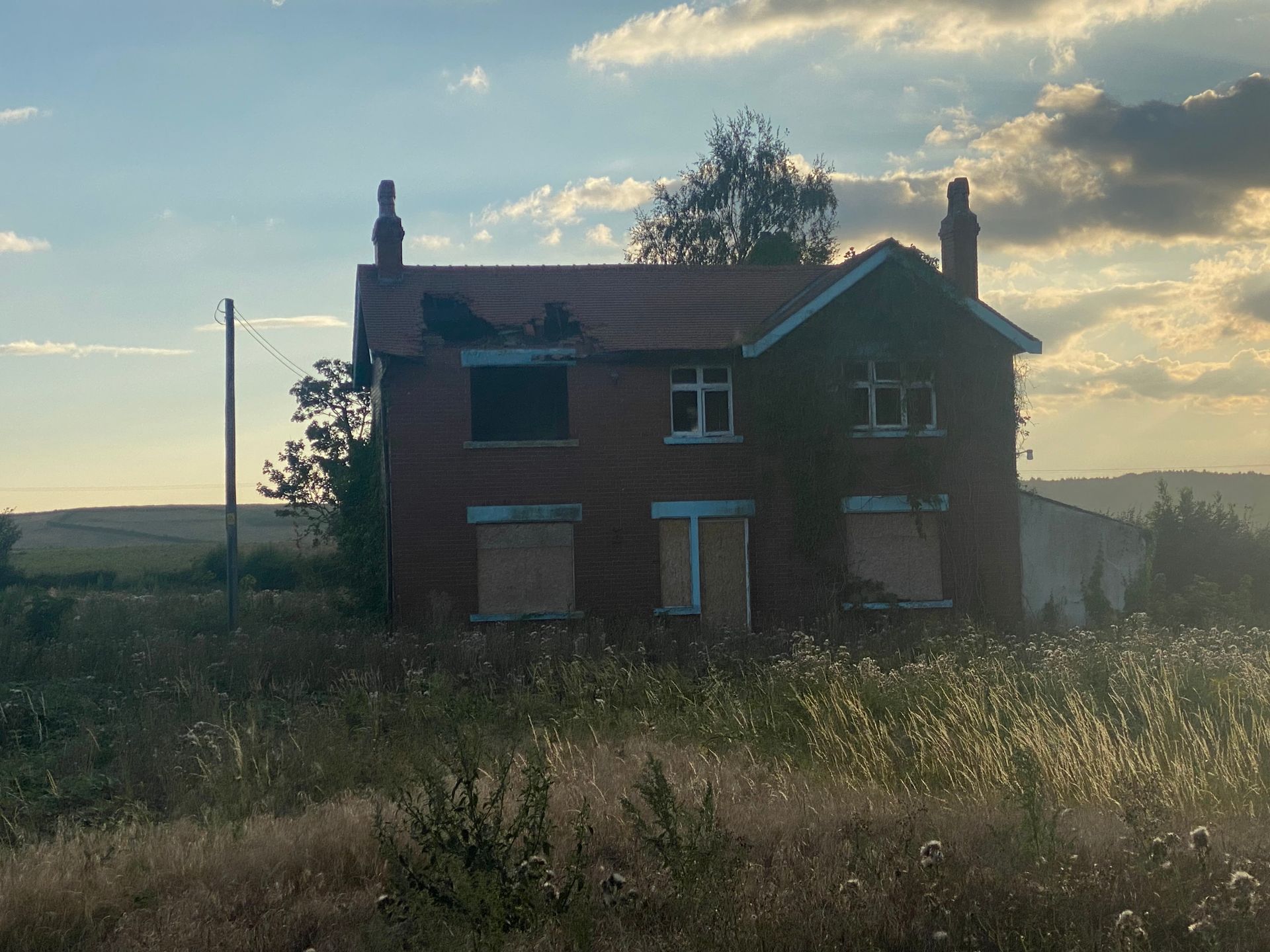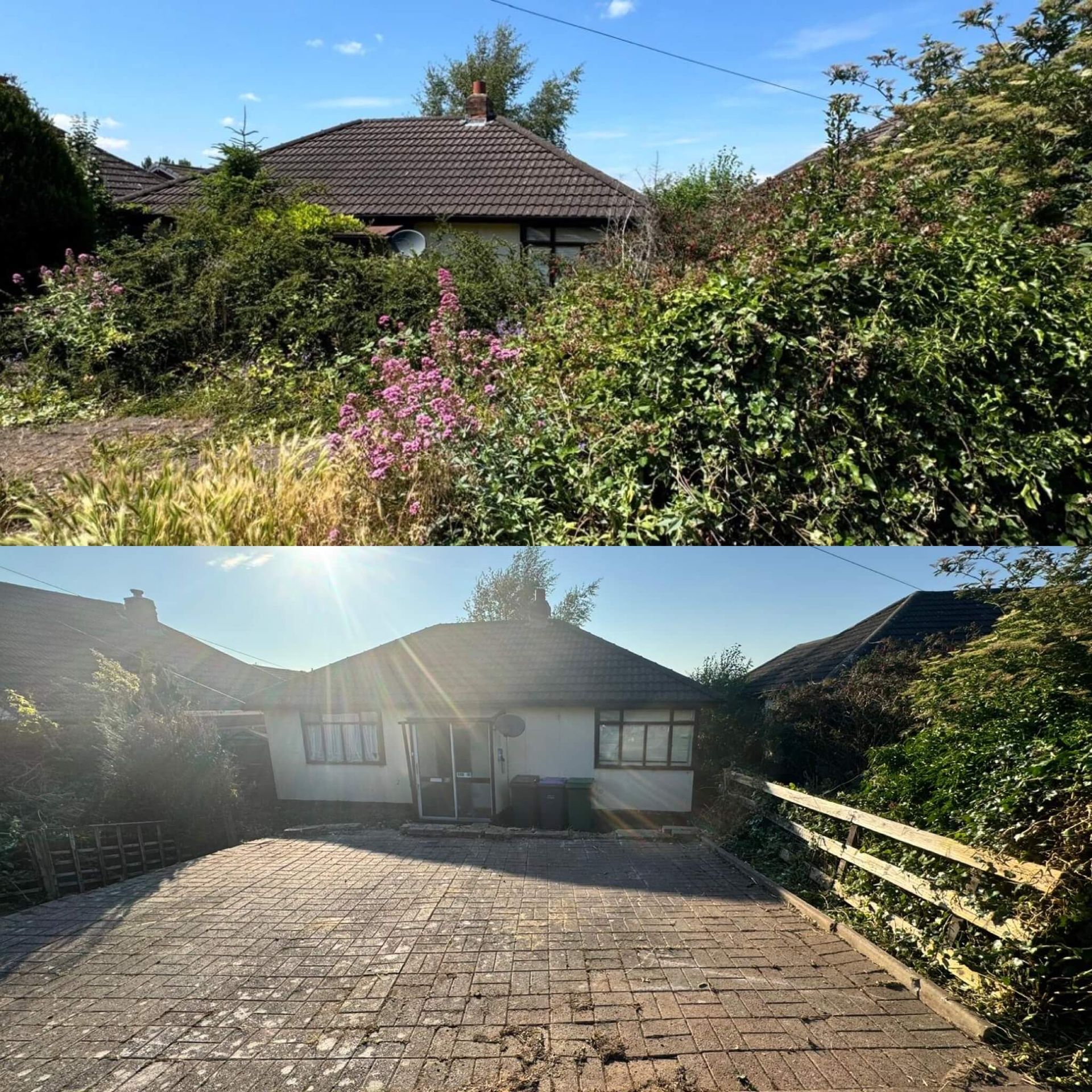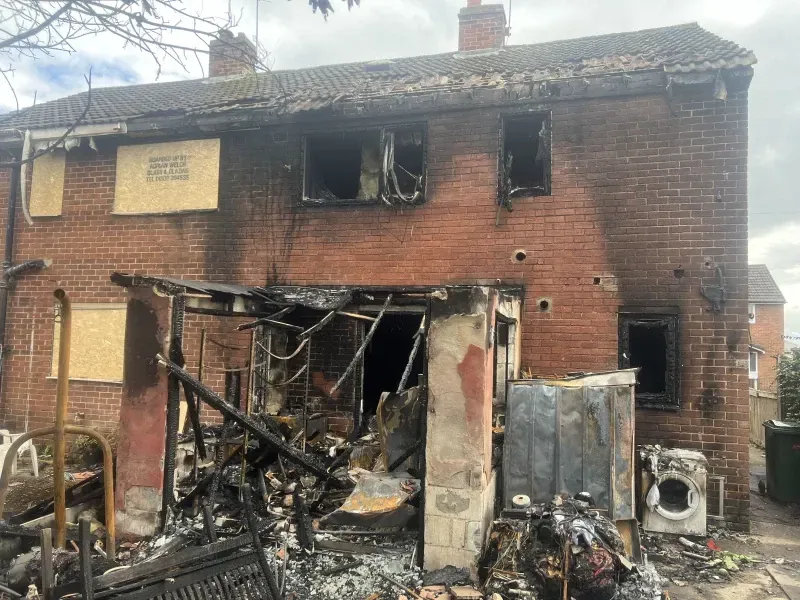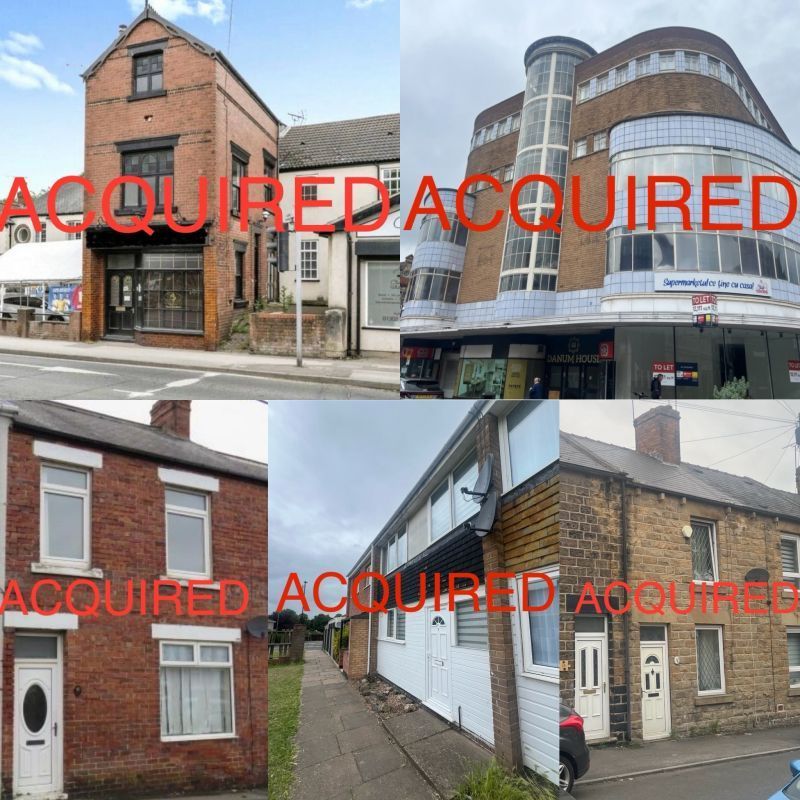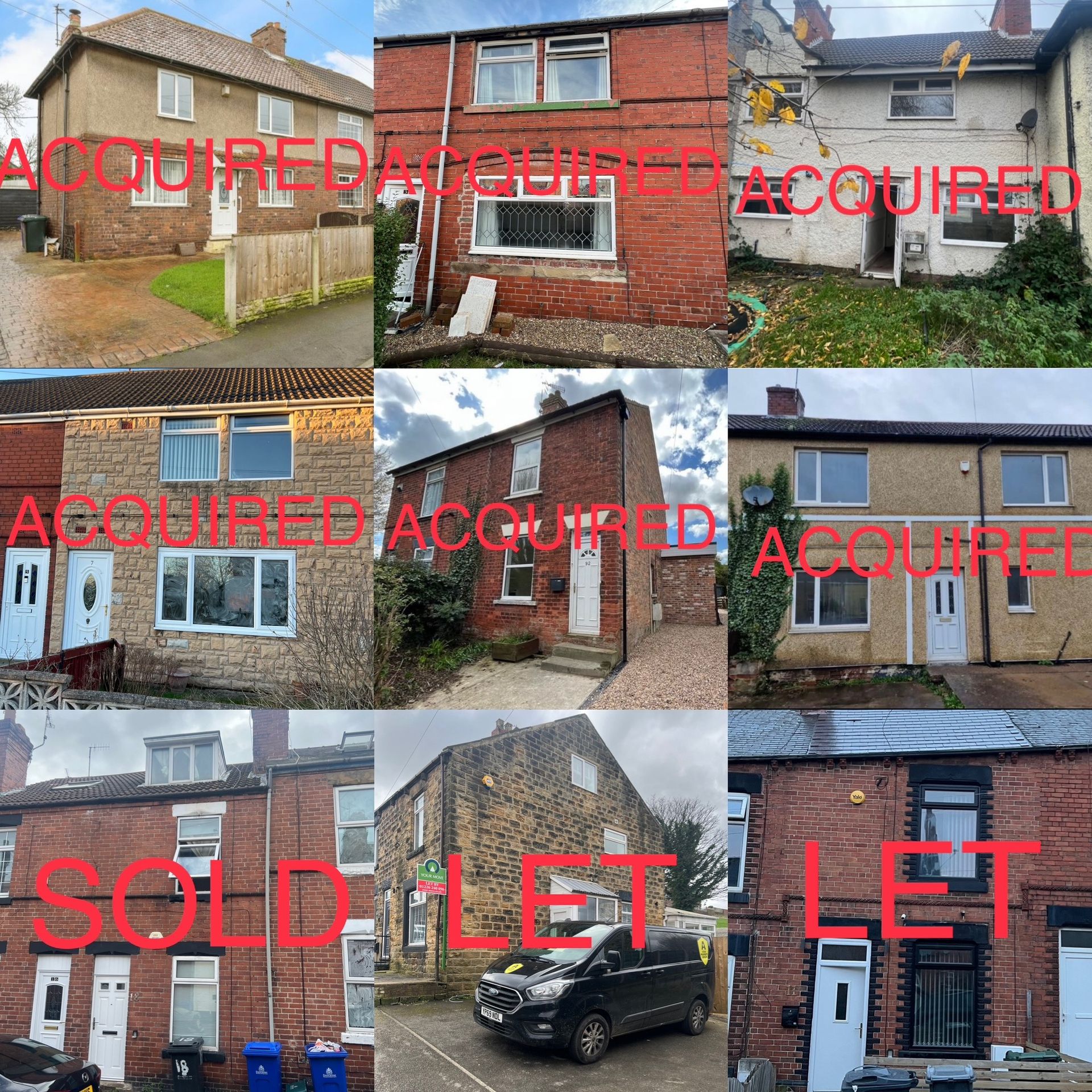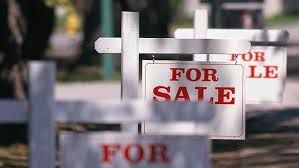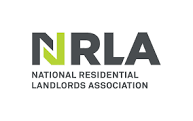Landlord Legislation - Advice for Landlords in Doncaster
Are your rental properties compliant?
The landscape of the Uk's PRS is changing rapidly landlords and property owners across Doncaster need to be aware to the current legislation or risk getting caught short.
The safety of your rental property is a significant aspect of letting with huge penalties for non-compliance. Intended as guidance only please see below:
Gas Safety
The Gas Safety (Installation and Use) Regulations 1998 outline your duties as a landlord to make sure all gas appliances, fittings, chimneys and flues are safe and working efficiently. If you’re letting a property with gas appliances installed, you’ve got three main legal responsibilities:
Gas safety checks
To ensure your tenants’ safety, all gas appliances and flues need to undergo an annual gas safety check – and always by a Gas Safe registered engineer. Once this has been done, you’ll be given a Landlord Gas Safety Record or Gas Safety certificate with details of all the checks that were carried out. It can also be referred to as a CP12 certificate.
Gas Safety Record
Following the annual gas safety check and receipt of your Landlord Gas Safety Record, you’ll need to provide a record of this check to your tenants. By law, a copy of your Landlord Gas Safety Record should be given to your current tenants within 28 days of the gas safety check – and for new tenants, you’ll need to provide this at the start of their tenancy.
Maintenance
You’ll need to make sure that all gas pipework, appliances, chimneys and flues are kept in safe condition.
Landlords and/or managing agents can be convicted for non-compliance. The standard penalty is a £6,000 fine for each item and/or 6 months imprisonment. In the most serious cases charges of manslaughter could be brought.
Electrical Safety
The Electrical Safety Standards in the Private Rented Sector (England) Regulations 2020 advise that Landlords of privately rented accommodation must:
- Ensure the electrical installations in their rented properties are inspected and tested by a qualified and competent person at least every 5 years.
- Obtain a report from the person conducting the inspection and test which gives the results and sets a date for the next inspection and test.
- Supply a copy of this report to the existing tenant within 28 days of the inspection and test.
- Supply a copy of this report to a new tenant before they occupy the premises.
- Supply a copy of this report to any prospective tenant within 28 days of receiving a request for the report.
- Supply the local authority with a copy of this report within 7 days of receiving a request for a copy.
- Where the report shows that remedial or further investigative work is necessary, complete this work within 28 days or any shorter period if specified as necessary in the report.
- Supply written confirmation of the completion of the remedial works from the electrician to the tenant and the local authority within 28 days of completion of the works.
Source: www.gov.uk
Penalties for non-compliance are likely to include a range of sanctions with the local authority having discretion to decide which one is the most appropriate in any particular case.
Energy Performance Certificate
- Since the 1st of October 2008 any landlord that markets an investment property for letting needs an Energy Performance Certificate known as an EPC. An EPC is broadly similar to the labels provided with domestic appliances such as fridges and washing machines. They provide a rating of how energy efficient a building is by giving it a rating between A & G, where A is very efficient. The idea being that tenants can use an EPC to make informed decisions on which property to rent based partly on their likely fuel efficiency.
- Since 1st April 2020 EPC’s must have a rating of E or above.
A Star Property Group have an in house RdSap DEA assessor that can advise clients on EPC matters during sale or property management.
When do landlords need an Energy Performance Certificate (EPC)?
The Energy Performance Certificate and recommendation report must be made available free of charge by the landlord to any prospective tenant at the earliest opportunity. The government defines these “opportunities” as being when: “any written information about the building is provided in response to a request for information received from the prospective tenant” or “when a viewing is conducted”
If neither of the above takes place then the EPC must be produced before the tenancy agreement is signed.
The penalty for failing to make an EPC available to any prospective buyer or tenant is fixed in most cases, at 12.5 per cent of the rateable value of the building, with a default penalty of £750 where the formula cannot be applied
Legionella Risk Assessment
According to the Health and Safety Executive (HSE) website landlords who provide residential accommodation or who are responsible for the water system in their premises have a duty to assess the risk from exposure to Legionella to their residents, guests, tenants and customers.
What is Legionnaires’ disease?
Legionnaires’ disease is caused by legionella bacteria, is a potentially fatal form of pneumonia and everyone is susceptible to infection. The risk increases with age but some people are at higher risk including: people over 45 years of age, smokers and heavy drinkers, people suffering from chronic respiratory or kidney disease, diabetes, lung and heart disease, anyone with an impaired immune system.
How do people get it?
Legionella bacteria are widespread in natural water systems, e.g. rivers and ponds. However, the conditions are rarely right for people to catch the disease from these sources. Outbreaks of the illness occur from exposure to legionella growing in purpose-built systems where water is maintained at a temperature high enough to encourage growth, e.g. hot and cold water systems (work and domestic).
Legionella risk assessment
HSE requires private landlords to carry out a risk assessment to identify and assess potential sources of exposure, and thereafter, where a risk has been identified to introduce a course of action to prevent or control any identified risk.
Most small systems only need a risk assessment and no further action is required however it is important to have the evidence available that the risk assessment has been carried out.
The risk assessment can be carried out by the landlords themselves is they are competent to do so, or can be done by a qualified third party.
Source: Health and Safety Executive website http://www.hse.gov.uk/legionnaires
Penalties for non-compliance: in some cases, charges of corporate or involuntary manslaughter have been brought against duty holders who have failed to protect against the risk of Legionella, carrying a maximum sentence of life imprisonment. Source: www.complianceforlandlords.com
Smoke Alarms & CO2 Detector
Private sector landlords are required from 1 October 2015 to have at least one smoke alarm installed on every storey of their properties and a carbon monoxide alarm in any room containing a solid fuel burning appliance (eg a coal fire, wood burning stove). After that, the landlord must make sure the alarms are in working order at the start of each new tenancy.
The requirements will be enforced by local authorities who can impose a fine of up to £5,000 where a landlord fails to comply with a remedial notice.
Source: www.gov.uk
Right to Rent Check
The ‘Right to Rent’ regulation was introduced on 1st of February 2016 to ensure that whoever is applying to rent your property has the right to reside and rent a property in the UK. Anyone without a right to reside is disqualified from renting.
There are hefty fines of up to £3,000 and even the risk of imprisonment for any Landlord found to be housing a tenant that does NOT have the Right to Rent.
Inventory
“The property is empty I don’t need an inventory” is something we hear frequently from our landlord clients.
An inventory is a full schedule recording the condition of the property prior to the start of the property, including everything from the colour, quality & condition of the carpets, whether there are internal doors, working light bulbs, flushing toilets, if the cooker is clean etc.
If there is no inventory signed & agreed by the tenants at the start of the tenancy, as landlord you will have no grounds to make any claim against or deductions from the Security Deposit at the end of the tenancy.
As an active cash buyer of tenant in situ houses across Doncaster and South Yorkshire A Star Property Group often assist portfolio landlords looking to exit their rental portfolio whilst providing as little friction to the current tenants as possible.
